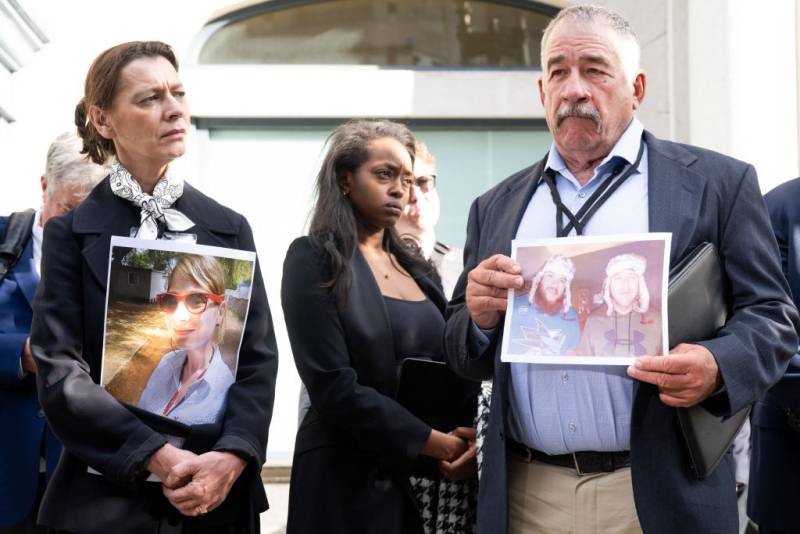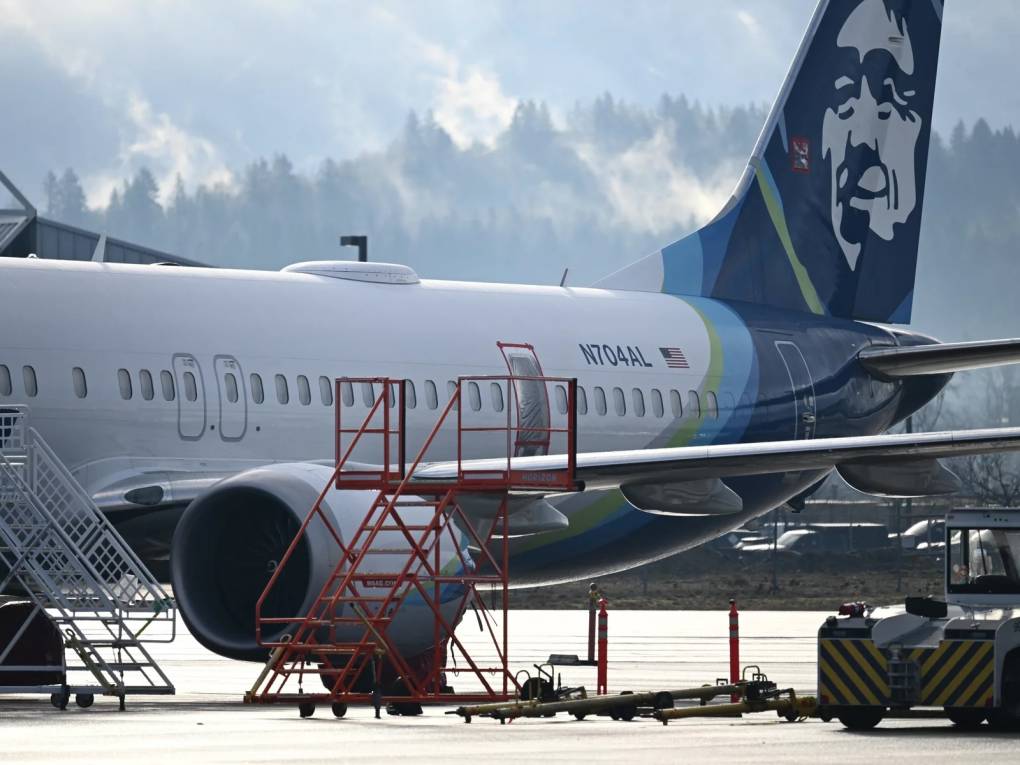As they travel around Alaska on a long-planned vacation, Ike and Susan Riffel stop now and then to put up stickers directing people to “Live Riffully.”
It’s a way for the California couple to honor the memories of their sons, Melvin and Bennett, who died in 2019 when a Boeing 737 Max jetliner crashed in Ethiopia.
The Riffels and families of other passengers who died in the crash and a similar one in Indonesia a little more than four months earlier are waiting to learn any day now whether the U.S. Justice Department, all these years later, will prosecute Boeing in connection with the two disasters, which killed 346 people.
Ike Riffel fears that instead of putting Boeing on trial, the government will offer the company another shot at corporate probation through a legal document called a deferred prosecution agreement, or DPA. Or that prosecutors will let Boeing plead guilty and avoid a trial.
“A DPA hides the truth. A plea agreement would hide the truth,” Riffel says. “It would leave the families with absolutely no idea” of what happened inside Boeing as the Max was being designed and tested, and after the first crash in 2018 pointed to problems with new flight-control software.



